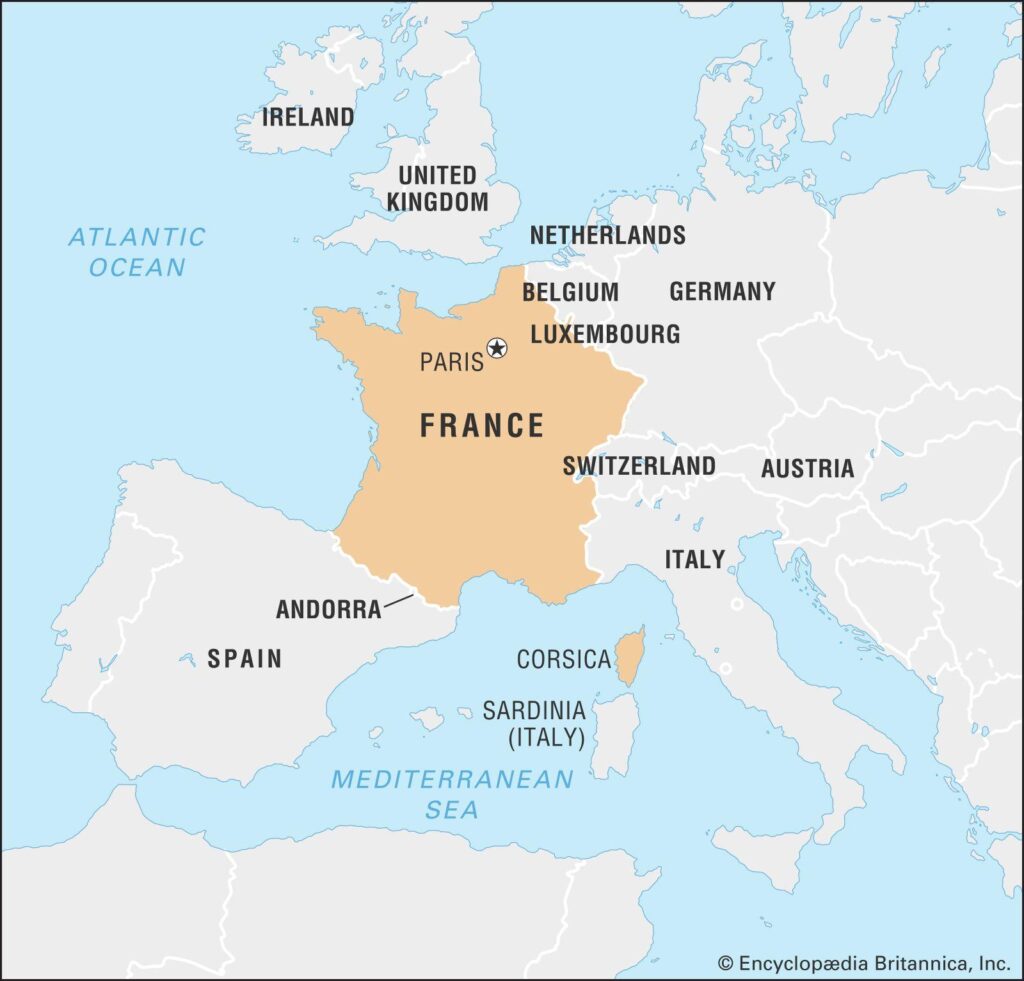France Condemns Algeria’s Expulsion of Officials Amid Rising Diplomatic Strains
Recent diplomatic developments have intensified the already fragile relationship between France and Algeria, as Paris has openly criticized Algiers for expelling French officials. Described by French authorities as an “unfathomable” act, this decision highlights the deep-rooted tensions fueled by historical disputes and ongoing political disagreements. The incident not only threatens to deteriorate bilateral ties but also raises concerns about its wider impact on trade, security cooperation, and regional stability in North Africa.
France’s Firm Reaction to Algeria’s Diplomatic Move
The French government has voiced strong disapproval following Algeria’s unexpected expulsion of several French diplomats. Labeling the action as unjustified and perplexing, France emphasized that such measures undermine years of diplomatic efforts aimed at fostering mutual understanding and collaboration. The Ministry of Foreign Affairs stressed that these developments jeopardize national interests on both sides and called for a reassessment of their bilateral engagement strategy.
Key areas where repercussions are anticipated include:
- Trade Relations: Potential interruptions in existing commercial agreements could affect economic growth for both nations.
- Cultural Partnerships: Programs promoting Franco-Algerian cultural exchange risk suspension or scaling back.
- Security Alliances: Joint initiatives targeting terrorism and organized crime may face setbacks amid reduced trust.
The French leadership is reportedly preparing urgent consultations to devise a calibrated response that balances assertiveness with openness to dialogue. Proposed strategies might involve enhanced economic incentives or renewed diplomatic outreach designed to clarify France’s position while preserving long-term cooperation prospects.
Navigating Escalating Tensions: Calls for Constructive Engagement
This latest episode has sparked widespread calls within diplomatic circles for renewed communication channels between Paris and Algiers. Despite the strain caused by this incident, many experts emphasize the importance of maintaining open lines to prevent further deterioration in relations rooted in a shared yet complicated history dating back over a century.
The following approaches have been suggested by analysts seeking peaceful resolution:
- Create Consistent Diplomatic Dialogues: Establish regular meetings at various governmental levels to address grievances transparently.
- Civil Society Involvement: Engage non-governmental organizations from both countries to foster grassroots understanding beyond official rhetoric.
- Bilateral Forums on Regional Challenges: Organize joint conferences focusing on security threats, migration issues, and economic development opportunities affecting North Africa broadly.
The international community remains attentive as these two influential Mediterranean neighbors confront their differences with hopes pinned on diplomacy rather than confrontation shaping future interactions.
Towards Sustainable Solutions: Recommendations for Strengthening Franco-Algerian Relations
A path forward requires deliberate efforts centered around dialogue coupled with tangible cooperative projects across multiple sectors. Both governments should prioritize establishing permanent communication frameworks that facilitate continuous exchange at political, cultural, and societal levels alike. Initiatives such as collaborative educational programs can deepen mutual appreciation of each nation’s heritage while dispelling misconceptions fueling discord.
- Bilateral Historical Reconciliation Forums: Platforms dedicated to addressing colonial legacies through open discussion involving historians, policymakers, and community leaders from both countries;
- Cultural Collaborations: Joint artistic ventures including film festivals or exhibitions showcasing shared narratives;
- Youth Exchange Programs: Student mobility schemes encouraging cross-cultural immersion aimed at building long-term goodwill among younger generations;
Economic partnership also holds promise as a stabilizing factor amid political challenges. Launching joint ventures within strategic industries—such as renewable energy development (solar power projects), digital innovation hubs focusing on technology startups, or sustainable agriculture initiatives—could create mutually beneficial outcomes fostering interdependence rather than rivalry.
One practical step would be forming a dedicated entity like the France-Algeria Economic Council, a platform designed specifically to streamline business collaborations emphasizing sustainability alongside profitability.
Recommended priorities include:
- Spearheading investments into green energy infrastructure aligned with global climate goals; li >
- Simplifying trade regulations facilitating smoother import-export flows between markets; li >
- Cultivating entrepreneurial networks connecting innovators across borders through incubators or accelerator programs.
li >
ul > p >A Look Ahead: Navigating Complexities Towards Cooperation
The recent expulsion episode starkly illustrates how unresolved historical wounds combined with contemporary geopolitical frictions continue complicating Franco-Algerian relations today. Paris’ characterization of Algiers’ actions as “incomprehensible” underscores not only immediate diplomatic fallout but also broader implications affecting regional peacebuilding efforts.< / p >
< p >As these two nations grapple with their intertwined pasts amidst evolving global dynamics—including shifting alliances within Africa-Europe relations—their ability to engage constructively will significantly influence North Africa’s geopolitical landscape moving forward. International observers remain hopeful that pragmatic diplomacy will prevail over antagonism,as highlighted in recent analyses from Reuters. Ultimately, a durable rapprochement could serve not only national interests but also contribute positively toward regional stability during uncertain times. < / p >
